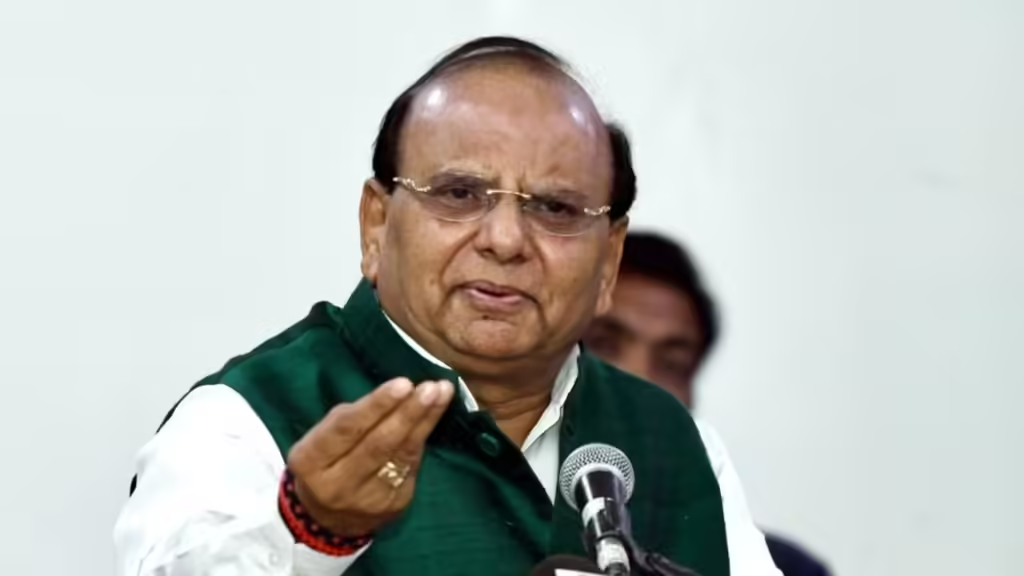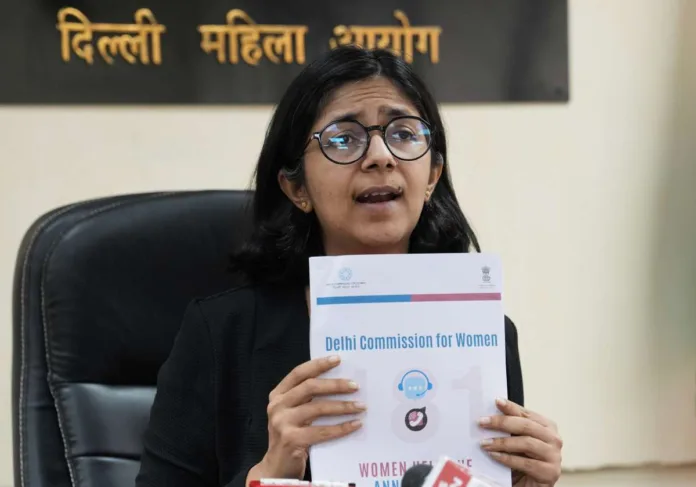In a significant development, Delhi’s LG, VK Saxena, has taken action against 223 contractual employees of the capital’s women’s commission. These employees, appointed during Swati Maliwal’s tenure as the chairperson of the Delhi Commission for Women (DCW), allegedly violated established procedures.
Unauthorized Appointments and Violation of Rules
The order issued by the Delhi’s LG’s office highlighted the creation of 223 new posts without proper approval, contravening the Delhi Commission for Women Act. The commission, with a sanctioned strength of 40 employees, allegedly overstepped its authority by hiring additional staff without official consent.
Moreover, the Delhi’s LG’s office emphasized that the commission had been cautioned against incurring any financial obligations without prior approval from the finance department.

Removal Amid Allegations of Irregularities
A probe into these appointments revealed deviations from standard procedures. The order noted discrepancies in the hiring process, including the unauthorized enhancement of remuneration and allowances. Consequently, the Delhi’s LG approved the immediate removal of these employees, terming their employment “irregular” and “illegal.”
Swati maliwal’s Alleged Role
It is alleged that Swati Maliwal, the former chairperson of the DCW, made these appointments without proper authorization, leading to the current situation. The order underscores the necessity of adhering to established protocols to ensure transparency and legality in staffing decisions.
Government’s Response
The Department of Women and Child Development affirmed the government’s stance, highlighting the violation of statutory provisions and standing instructions. The order emphasized the void nature of these appointments and instructed the DCW to discontinue the services of all contractual staff involved in the irregular hiring process.
The removal of 223 contractual employees from the Delhi Commission for Women underscores the importance of adherence to rules and regulations in governmental appointments. As the investigation unfolds, it highlights the need for transparency and accountability in public sector recruitment processes.





